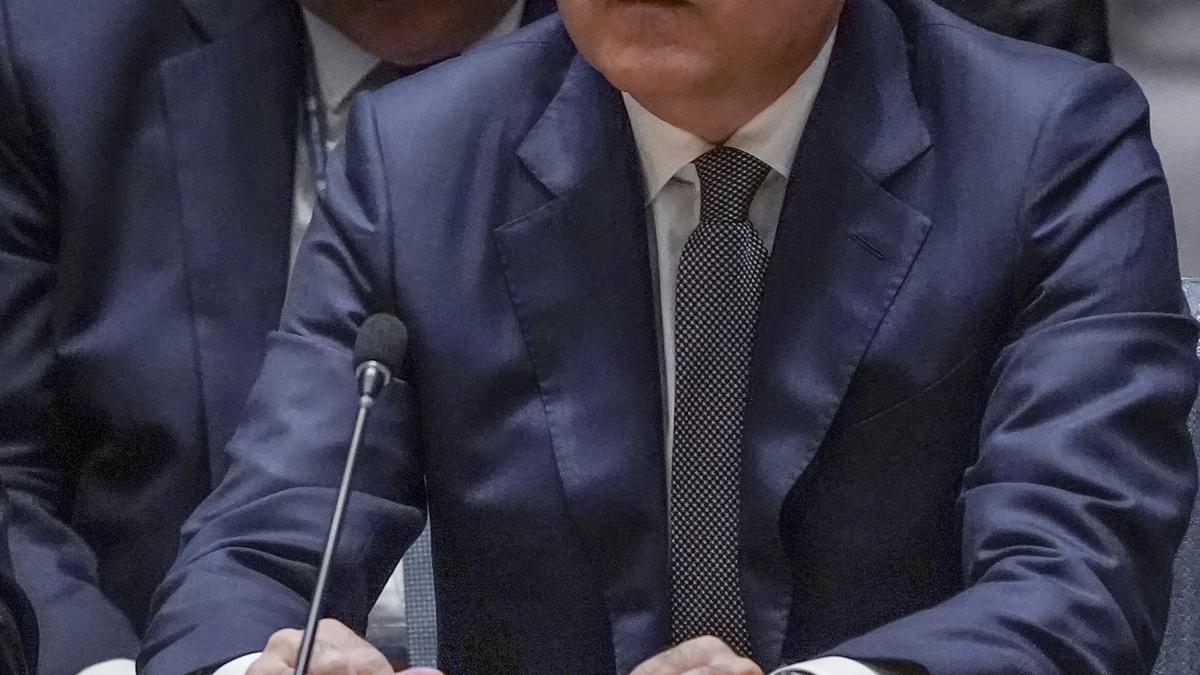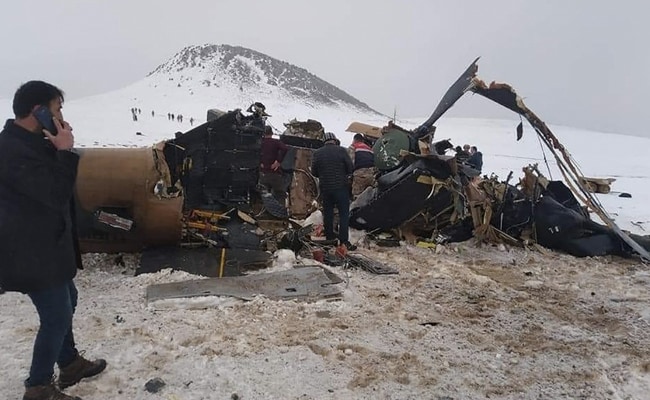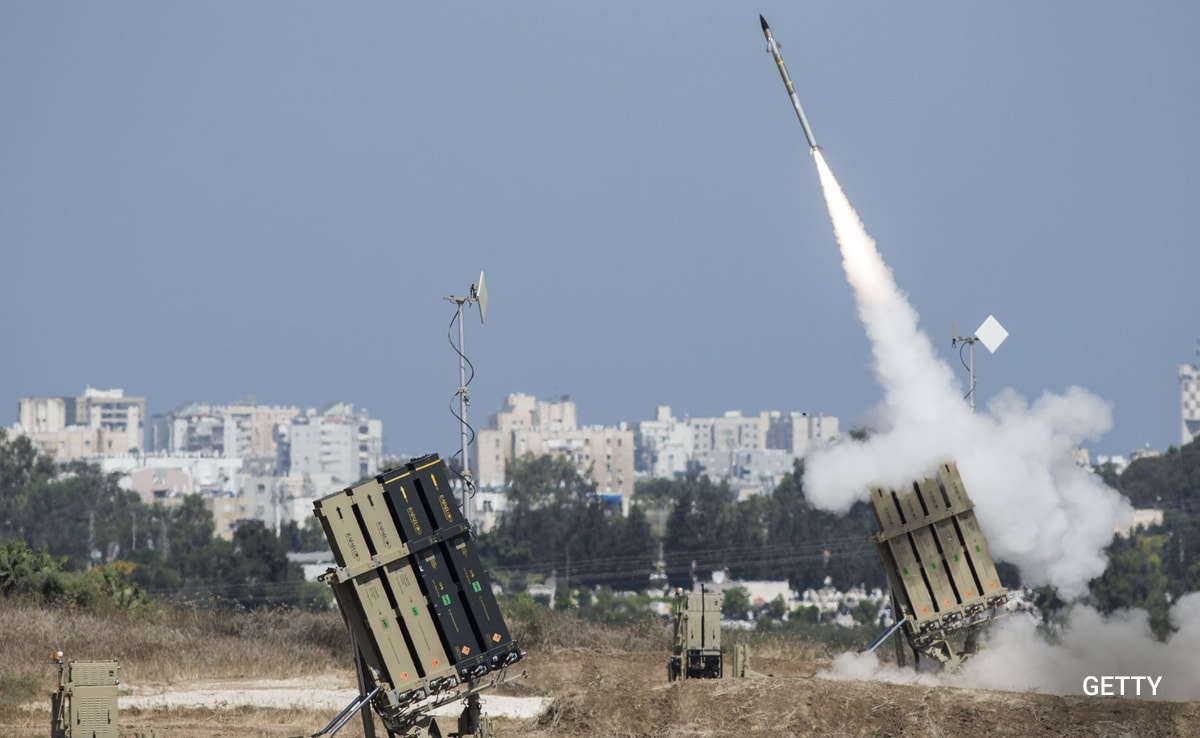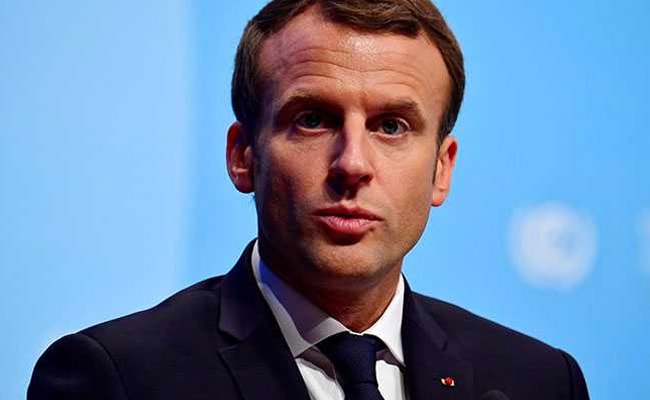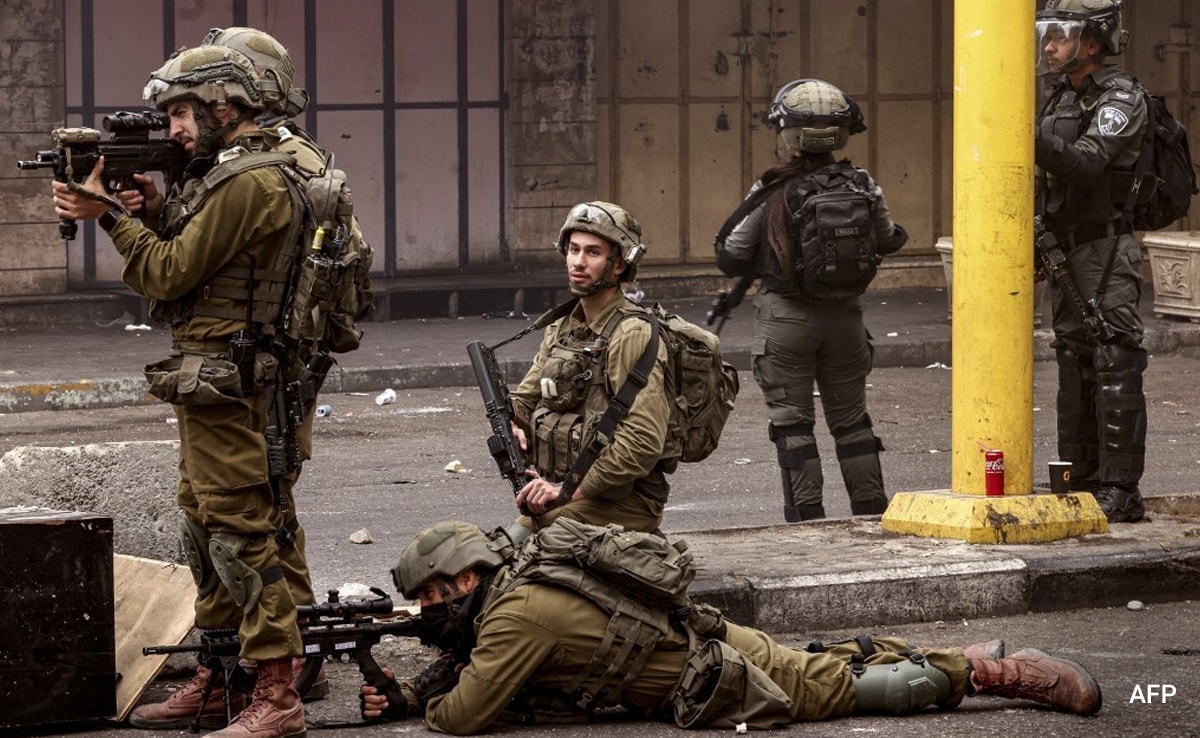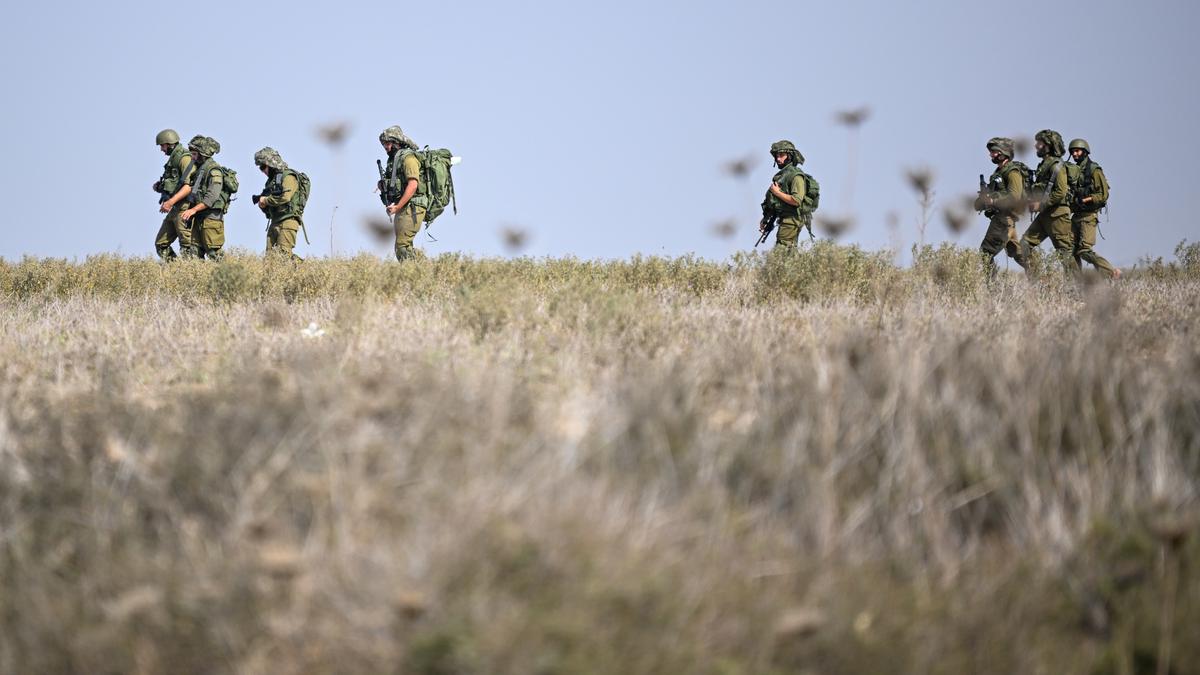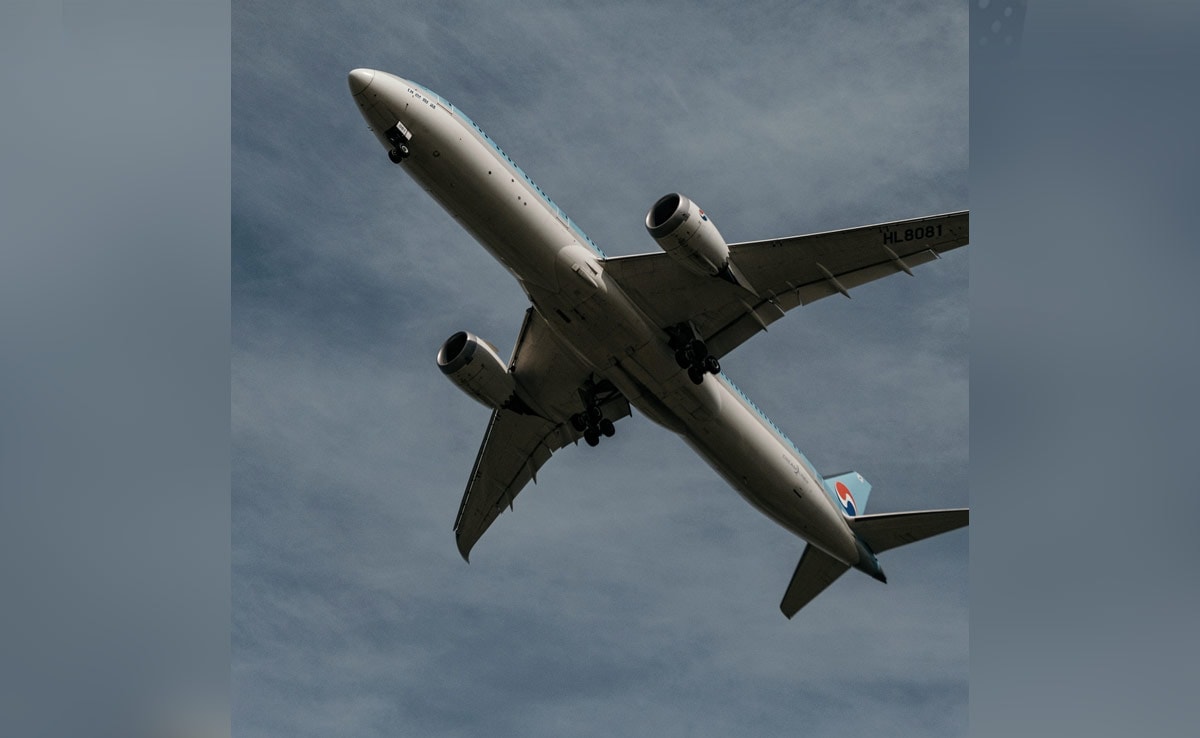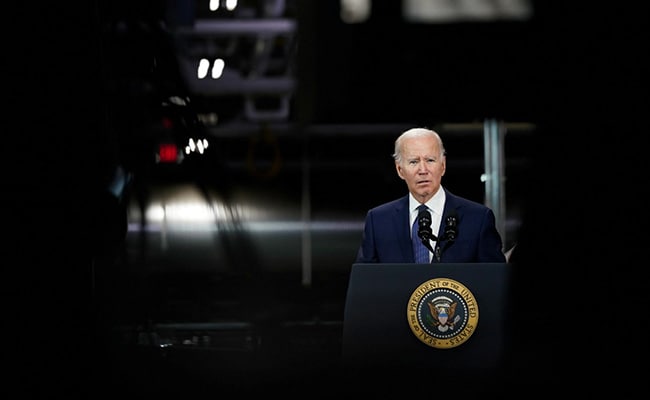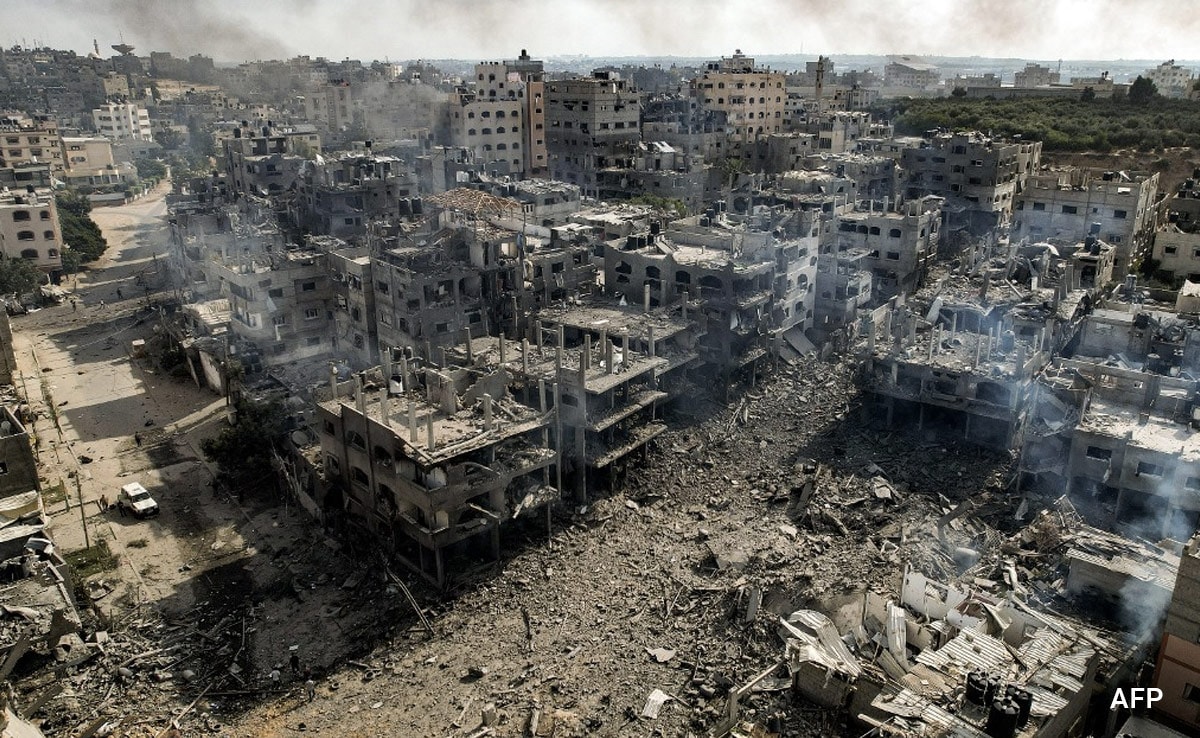Clashes around Khartoum’s military headquarters where Abdel Fattah al-Burhan had been holed up until last month.
| Photo Credit: Reuters
Sudan’s de facto leader Abdel Fattah al-Burhan held talks on September 16 with Uganda’s veteran President Yoweri Museveni on his latest diplomatic foray abroad.
The Sudanese general was pictured meeting with Museveni at State House in the Ugandan town of Entebbe on what was described as a one-day working visit.
“They deliberated on bilateral and regional issues,” said a brief statement from the Ugandan presidency.
Sudan has been at war since April when fighting erupted between the regular army led by Mr. Burhan and the paramilitary Rapid Support Forces commanded by his deputy-turned-rival Mohamed Hamdan Daglo.
Clashes around Khartoum’s military headquarters — where Mr. Burhan had been holed up until last month — had seen a brief two-week respite before flaring again, with the RSF showering it with artillery fire, residents said Saturday.
Eyewitnesses on the ground told AFP they heard clashes in central Khartoum, with one resident saying the RSF “is firing heavy artillery” at army headquarters.
From his new base in the Red Sea coastal city of Port Sudan, Mr. Burhan has since late August made six trips abroad in what analysts say is a diplomatic push to burnish his credentials in the event of negotiations to end the conflict.
His first visit was to Egypt, followed by South Sudan, Qatar, Eritrea, Turkey and now Uganda.
At least 7,500 people have been killed since the conflict broke out on April 15, according to a conservative estimate from the Armed Conflict Location & Event Data Project.
The war has uprooted more than five million people, including one million who fled across borders, according to United Nations figures.
Neither side has been able to gain the upper hand in the conflict, with the army controlling the skies and Daglo’s fighters embedding themselves in residential areas.
Witnesses have noted an increase in the intensity of air strikes, and consequently the civilian death toll, as the army seeks to regain control of parts of the capital.
Mr. Burhan has been Sudan’s de facto leader since the ouster of longtime autocrat Omar al-Bashir in 2019, when he was appointed head of the Sovereign Council of military and civilian figures tasked with steering the transition to a fully-fledged democracy.







